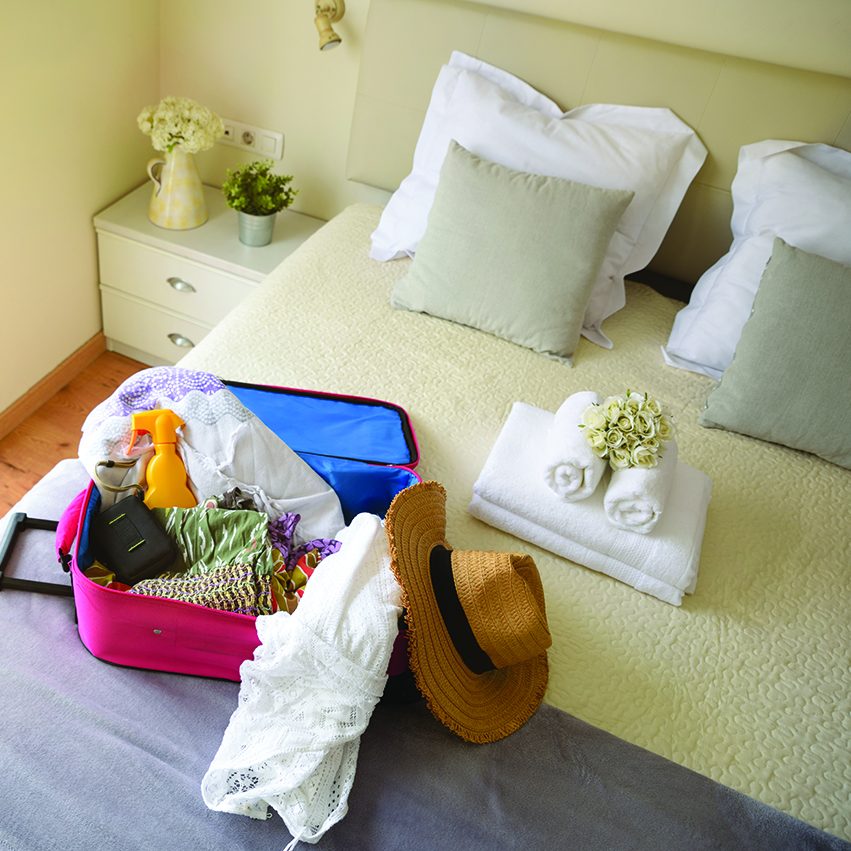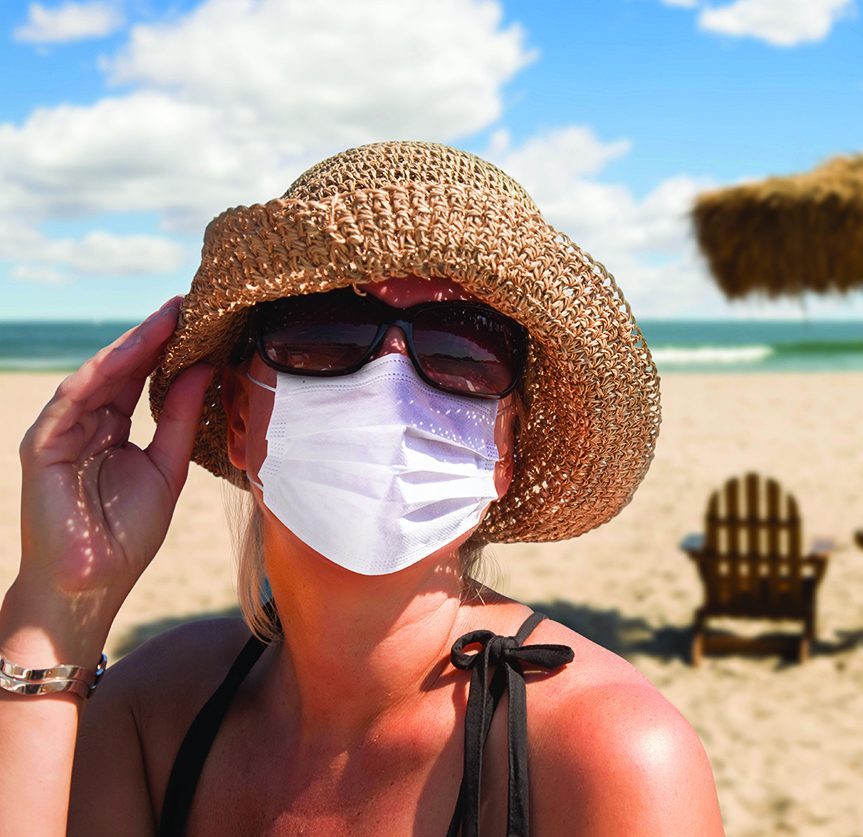Vacation time is included in many full-time professionals’ benefit packages. Too often, however, employees feel that personal time off is a luxury they cannot afford to use. When looking at vacation as a necessity rather than a luxury, workers may be more inclined to start planning time off.
The Harvard Business Review reports that data supports the notion that those who take more than 10 days of vacation are 30 percent more likely to receive a raise. Those who vacation often have greater job satisfaction. The World Health Organization found working 55 hours or more per week was associated with a 35 percent higher risk of stroke and a 17 percent higher risk of dying from heart disease than a standard work week. Studies have found that taking regular vacations may help reduce the risk for metabolic syndrome, which raises an individual’s risk for various diseases.
People have different choices when planning vacations, and that includes a bevy of lodging options. The following is a breakdown of the types of properties vacationers can choose from.
· Rental by owner: Various companies facilitate the relationship between rental owner and renter. These include Airbnb, HomeAway and Vrbo, among others. These properties are stand-alone or in shared buildings. They’re frequently large and feature cooking spaces and multiple bedrooms, and typically do not come with the extra fees that some other vacation accommodations may tack on, such as paid parking.
· Bed and breakfast (B&B): A B&B rental is in a private home or inn. While accommodations may vary, one may get a private bedroom in the residence that may or may not include a private bathroom. B&B accommodations are smaller in scale than hotels, but offer a measure of personalized attention. B&B staff can help plan excursions and give opinions on attractions or restaurants in the area. As the name implies, breakfast is likely included in the stay, but guests may need to ferret out other meals.
· Hotel: A hotel is one of the more familiar vacation rentals that customers may encounter. They traditionally are large buildings that house many rooms. Shared spaces can include restaurants, gyms, pool areas, bars, and conference spaces. Some meals may be included in a hotel stay, like a continental breakfast. Perks may vary depending on the property.
· Motel: Motels are smaller and tend to be less luxurious than hotels. However, they can include basic accommodations that are perfect for short-term stays or breaks from long drives.
· All-inclusive: All-inclusive rentals generally are housed inside resort facilities. One price tends to cover the room, meals, activities, and sometimes even spirits. All-inclusive properties can cater to adults only or families. If the desire is to drop your bags and relax, an all-inclusive resort may be a place to consider.
· Time share: Technically not a rental, a time share, according to Investopedia, is a shared ownership model of vacation real estate. Multiple purchasers own allotments of usage of a property, which means they are allowed to use the property during certain times of the year – typically one-week stays. Those who purchase a time share may be restricted to one hotel or condominium, or those part of a larger company may be able to mix and match stays among a number of different properties for their designated weeks.
Vacation rentals enable people to get away throughout the year, which is good for individuals’ overall health and can even help them be more productive at work.


















